In recent years, with the rapid technological advancements, the International Coach Federation (ICF) has gained significant attention worldwide. ICF, which has a 28-year history in the coaching industry, introduced a new visual brand launch in 2021 to reflect its ecosystem, continuously improving its global efforts.
What is ICF? Ethical Guidelines and Professional Standards in Coaching
ICF is a global organization that leads in the field of coaching. The International Coach Federation, known as ICF, offers the most recognized independent accreditation program globally. The ICF credential is awarded to professional individuals who meet the educational and experience requirements, set industry standards, and fully apply coaching authority.
Coaching is an integral part of the development of modern societies. In this regard, each ICF member is expected to represent the highest professional coaching standards. ICF’s mission is to be a leader in the global development of the coaching profession.
ICF defines professional coaching standards and provides a platform where consumers can file ethical complaints. The core values of ICF define its ethical standards. Adhering to ethical behavior standards is one of the first competencies outlined by ICF. The ethical rules of ICF are defined as follows:
- Establishing a certain level of consistent behavioral standards with ICF’s core values and ethical guidelines,
- Guiding ethical reflection, decision-making, and training processes,
- Maintaining coaching standards through the ICF Ethics Review Process and making decisions in case of disputes,
- Providing the foundation for ethical training in ICF-approved programs, contributing to the sustainability of ICF and the coaching profession.
The Role and Importance of ICF Ethical Guidelines in the Coaching Profession
Ethical guidelines in any profession define what is right and wrong. These guidelines establish rules for behavior in a particular field, and they help individuals in that profession follow these rules. Ethical guidelines hold a significant place in coaching. Particularly, they serve as a guiding principle for coaches. In addition, ethical guidelines help coaches navigate dilemmas they may encounter during practice, empowering them to address these issues effectively.
The importance of ethical guidelines in coaching also lies in ensuring quality and professionalism. The coaching profession has been growing rapidly worldwide, including in our country, and its significance is increasing. Two main globally accepted ethical codes in coaching are the ICT Ethical Code published by ICF, based in the United States, and the global ethical code for Coaches, Mentors, and Supervisors prepared by the EMCC (European Mentoring and Coaching Council) and the UK-based AC (Association for Coaching).
Core Principles of ICF Ethical Guidelines
During the coaching process, certain principles must be followed, which are defined as ethical guidelines. These guidelines are crucial for increasing quality and building trust in the coaching relationship. The ICF ethical guidelines are explained as follows:
- Confidentiality: The confidentiality principle ensures that all conversations between the coach and client remain private. Coaches do not share anything about the coaching process with third parties.
- Impartiality: Coaches must be truthful and respectful toward clients, working to understand their emotions and perspectives.
- Honesty and Transparency: Coaches must be honest with their clients and maintain a transparent relationship.
- Boundaries of Authority: Coaches must not exceed their boundaries. They should guide clients rather than offering therapy or similar services.
- Responsibility: Responsibilities between the coach and the client must be clearly defined.
- Setting Boundaries: Clear boundaries must be established between the coach and the client.
- Continuous Learning and Development: Coaches must prioritize their profession by continually learning and improving.
The Importance of Trust in the Coach-Client Relationship
Building trust between the coach and the client requires attention to certain factors. The importance of the security principle in establishing trust is explained as follows:
- Coaches help communities stay united.
- They create bonds between individuals.
- They provide confidence in fulfilling others’ expectations.
- They increase participation.
- They encourage individuals to be willing to ask for help.
Confidentiality and Privacy: Protecting Data Within Ethical Guidelines
In the coaching process, everything shared between the client and the coach remains private unless the client chooses to share personal information with the coach. The principle of confidentiality, one of the core ethical guidelines, is also emphasized in the ICF Ethical Guidelines. Therefore, it is crucial for all professional coaches to adopt the confidentiality principle as part of their ethical approach.
Violating ICF Ethical Guidelines: Responsibilities and Sanctions for Coaches
ICF follows several procedures to investigate and respond to unethical practices or behavior that deviate from ethical guidelines. In case of an ethical violation, the sanctions that may be applied under ICF’s ethical violation consequences include:
- Working with mentor coaches,
- Receiving additional training,
- Reading books and writing articles with gained insights,
- Suspension of the ICF credential,
- Termination of ICF membership.
Reliability and Recognition Provided by Professional Standards
The foundation of the coach-client relationship is determined by ethical values in coaching. Professional standards in coaching can build reliability through the application of ethical values. Coaches should maintain trust and respect with their clients, demonstrating commitment to honesty by adhering to ethical standards. Working with a coach who follows ethical values means that the coach will be committed to confidentiality, approach clients impartially, respect individual experiences, and establish a strong relationship.
Professional Development and Continuous Learning with ICF Ethical Guidelines
Coaching relationships are based on trust and must be conducted within an ethical framework. Coaches must adhere strictly to ICF ethical guidelines. Additionally, coaches must constantly improve themselves to achieve sustainable success in coaching. By focusing on professional development and ethical practices, coaches can continue to grow and make valuable contributions to the profession.
The Impact of Ethical Standards on Sustainable Success in Coaching
Working with a coach who adheres to ethical standards means working with someone who maintains healthy boundaries, makes decisions aligned with ethical values, and is diligent in their practice. Coaches who follow ethical principles ensure that their clients know that they will always act in their best interests. Clients also trust that the coach will respect their identity and keep the sessions confidential. Coaches who follow ethical guidelines achieve sustainable success in their profession.
The Impact of ICF Ethical Guidelines on the Future of Coaching
Ethical guidelines are of great importance in every profession. In this regard, coaching conducted in accordance with the ethical guidelines set by ICF will positively impact the future of the profession. Professional coaches who follow ethical values and principles not only build trust with their clients but also ensure effective and efficient communication. Adherence to ethical values and principles contributes significantly to the development and trust-building of the coaching profession in the future.

